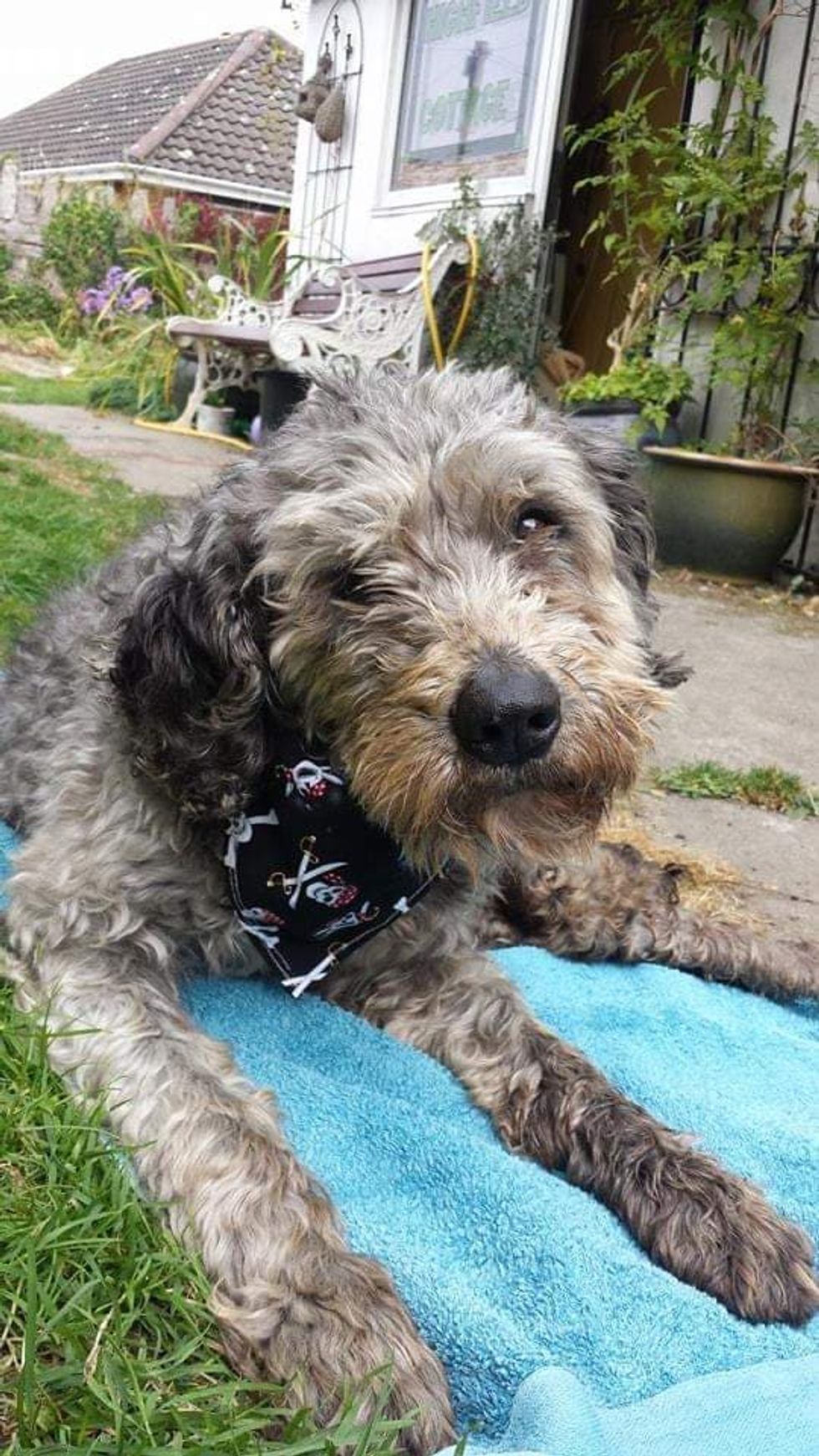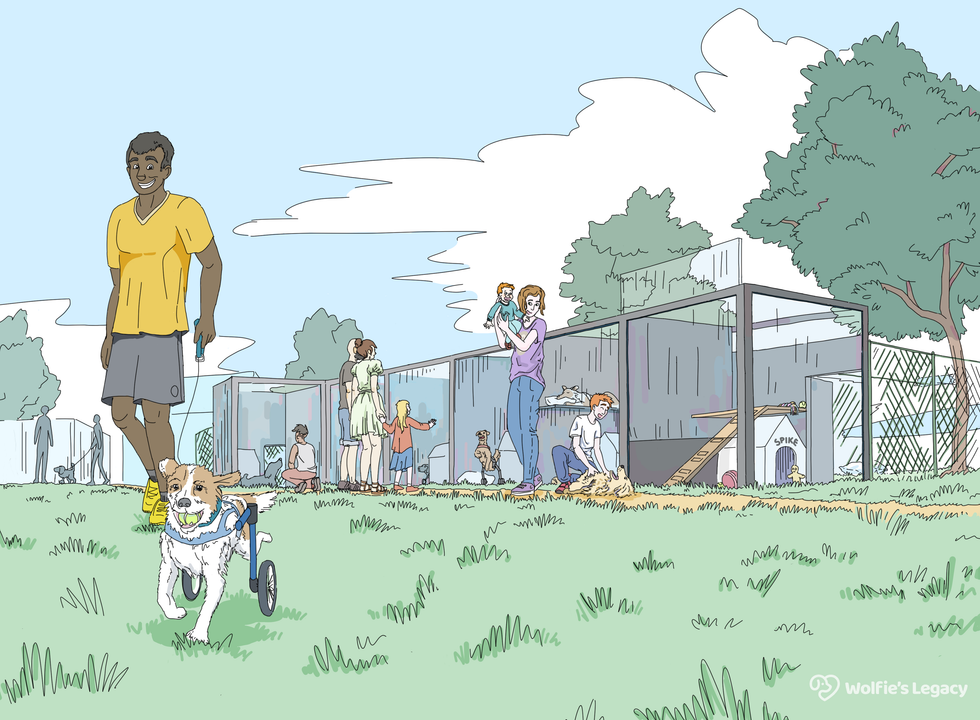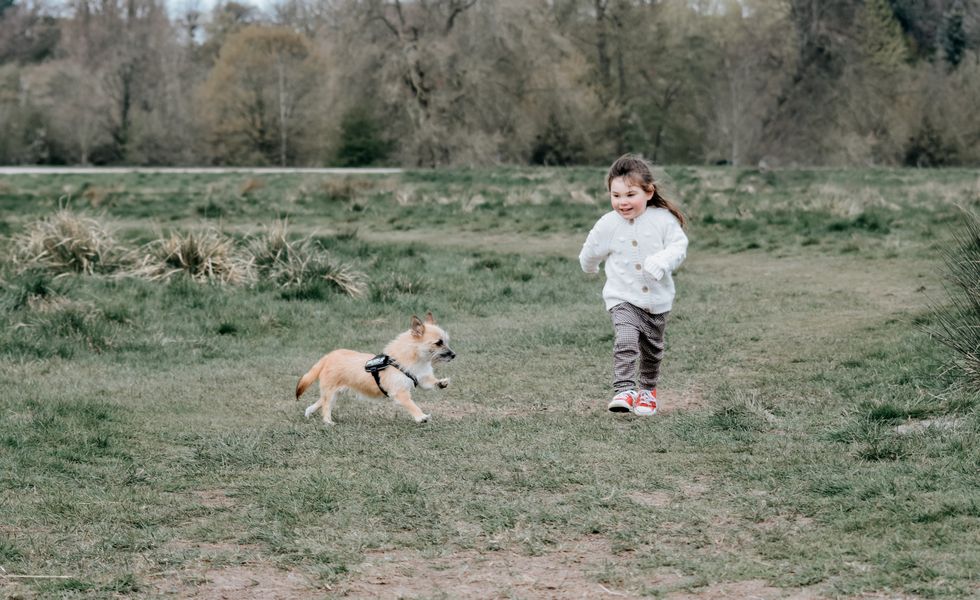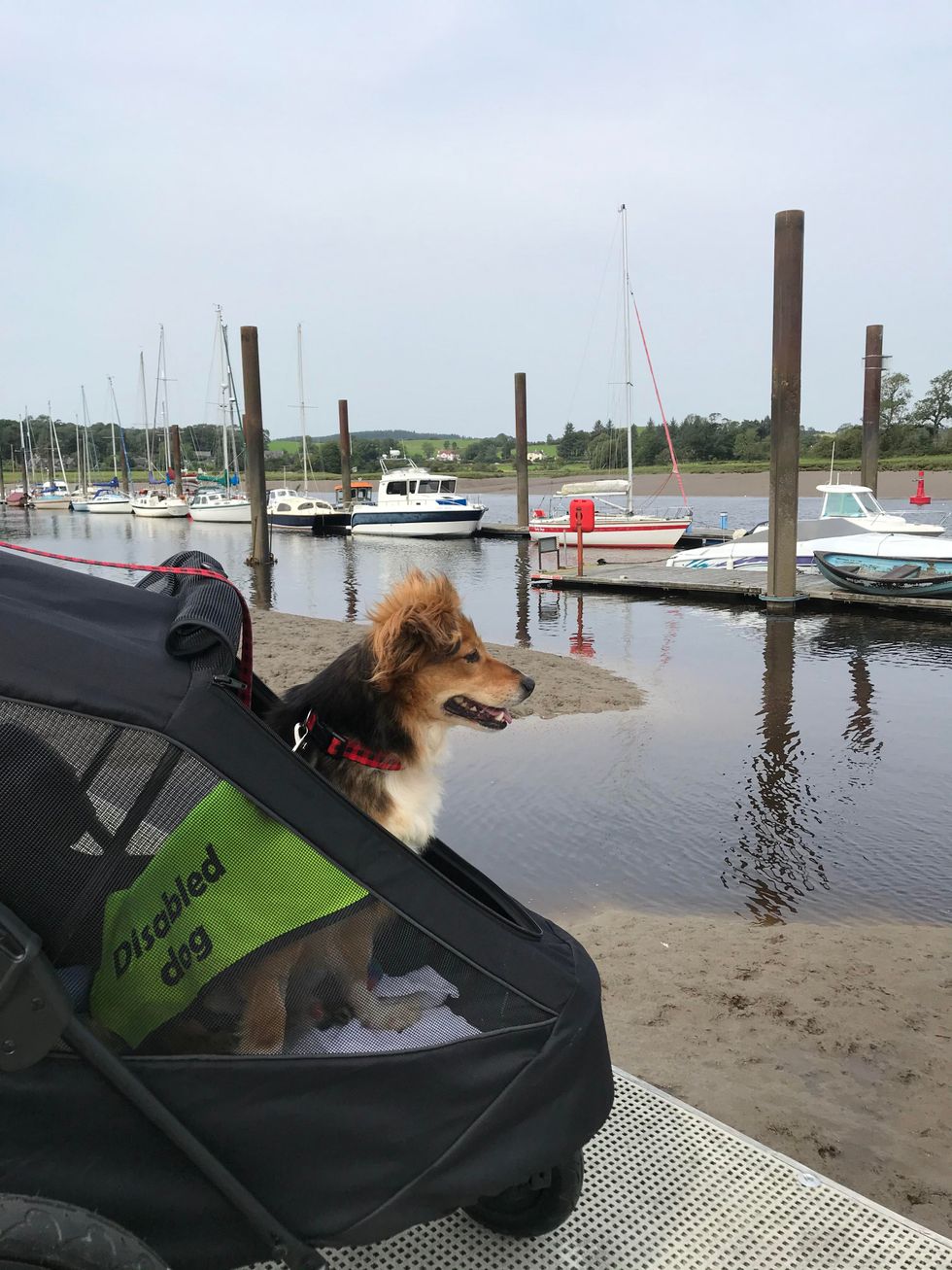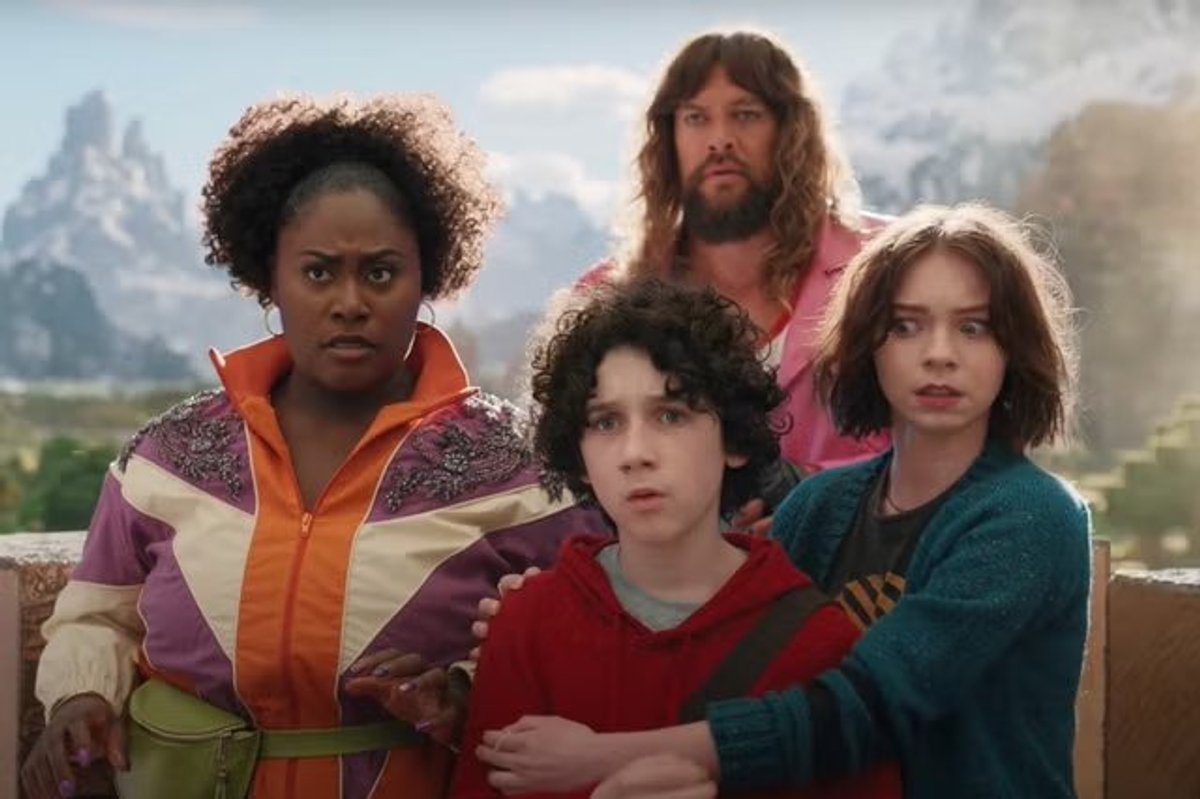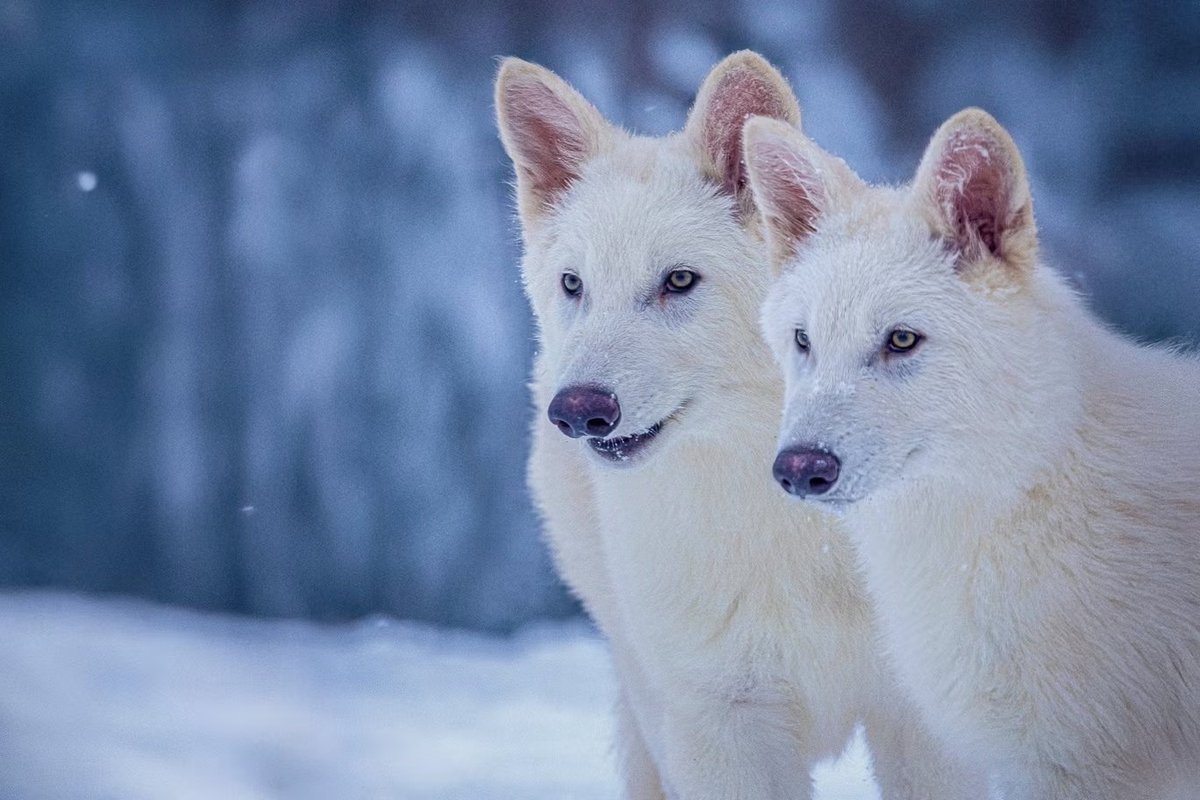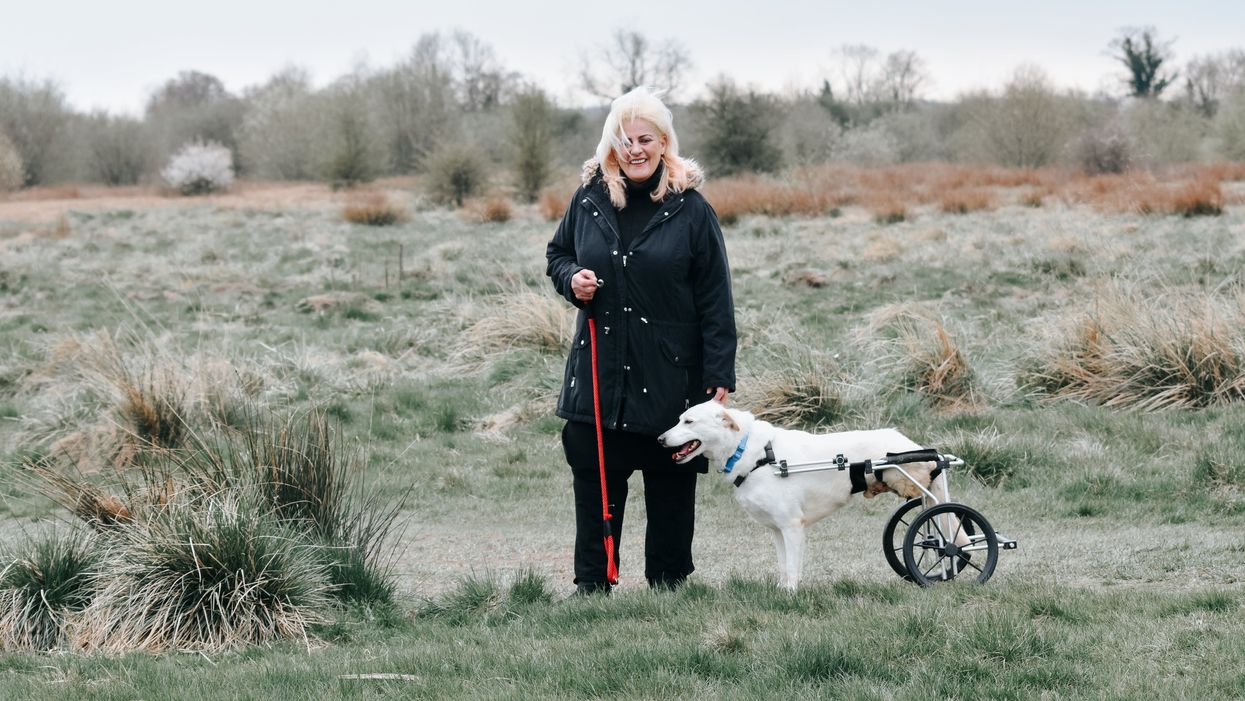
A charity that rehomes disabled animals on “doggy death row” has begun raising funds to open its first rehabilitation and adoption centre.
Wolfie’s Legacy has found new homes for more than 500 dogs since its launch in 2017 but has now outgrown its current premises.
Founder Gill Daghistani, from Holywell in Flintshire began the charity after she agreed to look after a rescue dog from Hungary for a few days, while transport was arranged to take him to his home in Scotland.
But when Wolfie was diagnosed with degenerative myelopathy, his intended home was no longer suitable, so Ms Daghistani cared for him until his death, just under two years later.
She told the PA news agency: “When I lost him I was heartbroken, but I also thought ‘What about all the other Wolfies?’
“What about the dogs that no-one ever cares about? They are just put to sleep and no-one will give them those last two years of happiness.”
The charity aims to rehome as many disabled dogs as possible, taking them in from around the world, and wants to demonstrate the joy that comes from owning an “imperfect” dog.
It is now hoping to raise £250,000 to build a first-of-its-kind adoption centre in North Wales, specifically for disabled dogs.
Included in the plans are an onsite vet clinic, a rehab centre with hydrotherapy, a grooming salon, and boarding facilities for past and present Wolfie’s Legacy dogs. A bistro and glamping facilities will also help raise money for the charity.
Ms Daghistani personally matches the dogs with the right owners and says she often rehomes disabled dogs with disabled families.
“These people come to us because they can’t rehome through some of the bigger dog charities, and we can find them a dog suited to them,” she said.
The Stern family rehomed Mini from Wolfie’s Legacy last year, and mother-of-one Lucy was so inspired by the charity’s work that she became a trustee .
She said they had originally been looking to rehome a senior dog.
“Gill has this uncanny ability for matchmaking,” she said.
“You might see these dogs on the Facebook page and go ‘I want that dog, that dog’s amazing’. And Gill will say ‘That dog is amazing, but that dog is not amazing for you’, and she will find the right one for you.”
Despite originally being told by a vet that she should have Mini put down, the dog lives a “happy life” with them and is “best friends” with Ms Stern’s two-year-old daughter, Matilda.
Ms Daghistani said many veterinary professions “default to recommending euthanasia” due to an “intrinsic fear of the unknown, scepticism for ‘who’s paying the vet fees’, and an inability to look beyond the X-rays and scans, at the life that dog could live, given a chance”.
Tracy Lowther, 57, from Dumfries and Galloway, rehomed Charlie in May 2020. The five-year-old dog has a fused spine, scoliosis, and his back legs are paralysed.
He was dubbed a “problem child” because he had trust issues but is now a “local celebrity” in her seaside town.
Ms Lowther said: “These little dogs have got no hope, and the charity is giving them a chance.
“Adopting Charlie was the best decision I’ve ever made. I couldn’t live without him, he’s my best buddy now.”
Richard Hayes, 51, from Horsham, West Sussex, adopted Magnum from the charity for his 17-year-old daughter, Issy, last year.
He described Magnum as a “gentle giant”, who was found as a stray in Macedonia and is now training to be a therapy dog.
When he was taken to the vet last month for an X-ray, they found he had three bullets still lodged in his body.
Mr Hayes said: “He has an unbelievable nature considering his history of being shot at and having things thrown at him.
“He is an absolute dream, so trusting with everyone, and Gill was just absolutely incredible finding him for us.”
– Donations to the appeal can be made at https://wolfieslegacy.org.uk/donate
